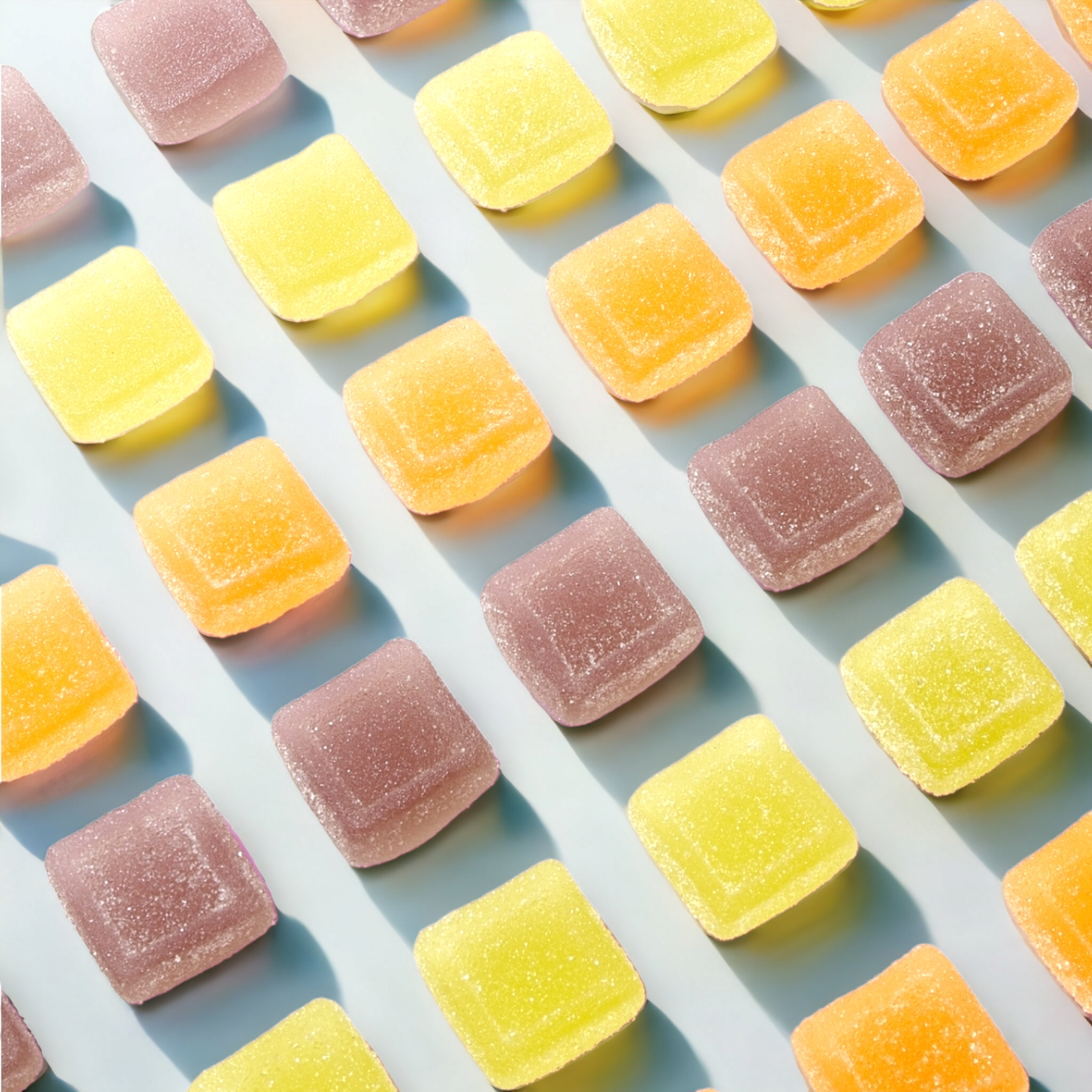Although the cannabinoid cannabichromene (CBC) shares a lot of similarities with cannabidiol (CBD), it has yet to enter the mainstream. Let’s take a few moments to explore the latest research into where CBC comes from, how it works, and what it could mean for the future of the cannabis industry.
In its natural form, cannabis doesn’t produce active cannabinoids like CBD or CBC. Instead, the raw cannabis plant has many acidic cannabinoids that can only be transformed into their active state through a process known as decarboxylation. In layman’s terms, decarboxylation simply means exposing cannabis to extremely high temperatures or UV lights. After the decarboxylation process is complete, all of the acidic cannabinoids will have transformed into non-acidic, active compounds.
The interesting thing to note about CBC is that it develops out of the same acid that produces CBD and the high-inducing tetrahydrocannabinol (THC). All three of these cannabinoids are formed out of a substance known as cannabigerolic acid (CBGA). After the cannabis plant reaches the budding stage, enzymes transform CBGA into a variety of compounds like CBDA, THCA, and CBCA. This means CBC has a very similar structure to all of these more popular cannabinoids. Unlike THC, however, CBC is non-psychoactive.
Current research suggests CBC has a particular affinity for receptors in the brain. Once CBC binds with these receptors, it appears to help inhibit the uptake of the chemical anadamide. This is a significant finding because anandamide plays a significant role in appetite regulation and mood. While THC has been shown to help release more anandamide into the body, CBC appears to have the same effect without inducing a “high.”
Most of the current research into CBC is focused on this cannabinoid’s soothing properties.
Here are a few specific conditions that CBC has been tested on:
It’s important to note that CBC research is still in its initial stages. Most of the studies into the conditions listed above were performed in vitro or on mice models. We’ll just have to wait for further clinical trials to better understand how CBC interacts with the endocannabinoid system.

